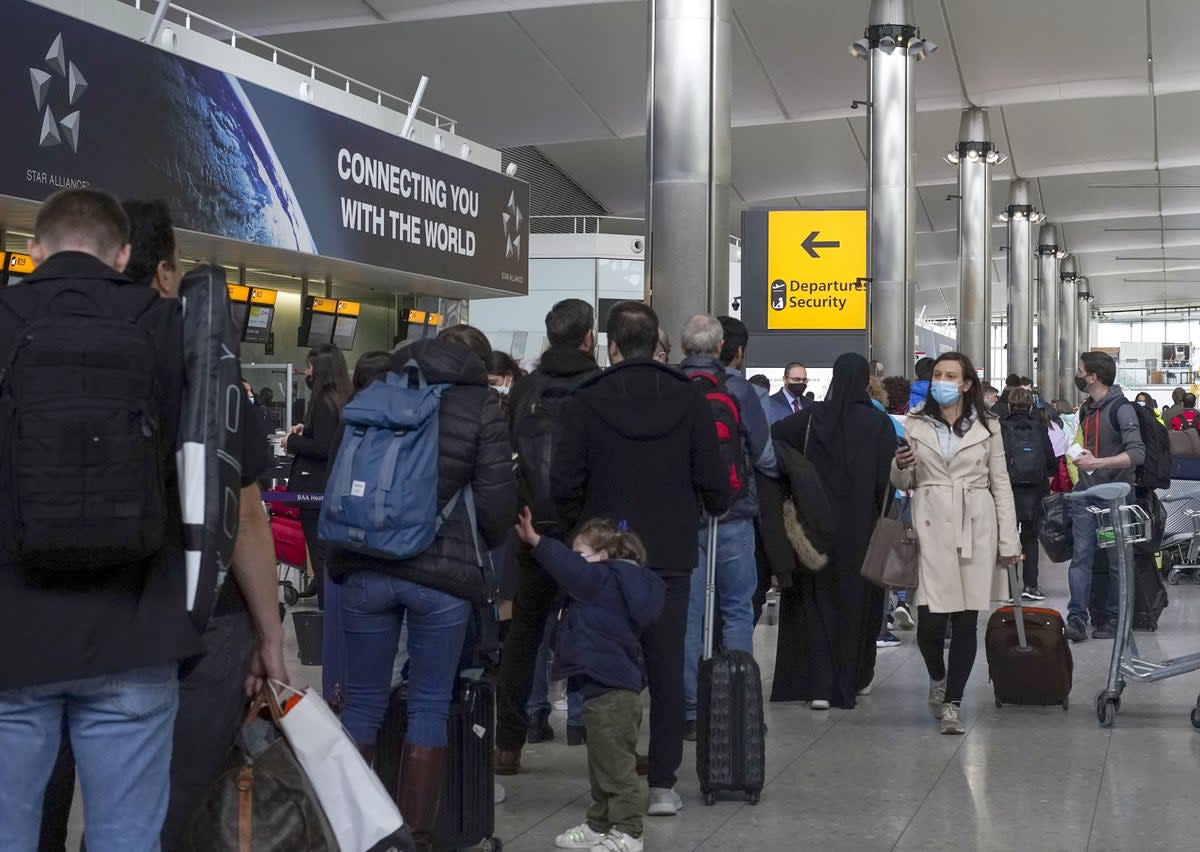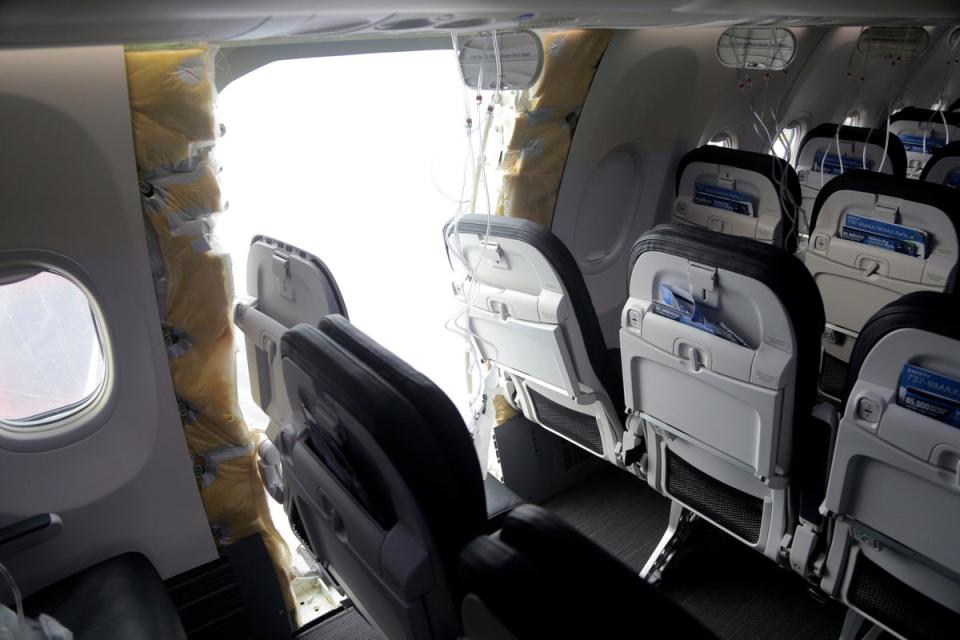Summer holiday travel chaos warning after Boeing safety crisis leads to plane shortages

There are fears of holiday travel chaos this summer as a safety crisis at plane manufacturer Boeing leaves airlines struggling to secure enough planes for peak season.
Avia Solutions, the world’s largest aircraft leasing company, has warned carriers in Europe were likely to reduce the number of flights they put on due to a lack of aircraft and may have to cancel some flights.
Aerospace giant Boeing’s safety standards are currently under increased scrutiny following several recent incidents, including one where a disused door fell off a brand new 737 Max shortly after take-off. There were no injuries.
Last month a FedEx Airlines Boeing cargo plane landed at Istanbul Airport without the front landing gear deployed but managed to stay on the runway.

Five years ago, Boeing agreed to pay $2.5bn and make safety improvements after two new 737 Max jets crashed within the space of five months - one in Indonesia in 2018 and one in Ethiopia in 2019, killing a total of 346 people.
Gediminas Ziemelis, chairman of Dublin-based Avia, which on Wednesday raised $300m (£236m) in a bond issue, said the plane shortage was likely to be exacerbated by what he described as “super demand” following the Covid pandemic.
“The last time there was anything like this was when traffic rebounded after 9/11,” he told The Daily Telegraph.
“Airlines are desperate for aircraft because of the production problems but the well is dry,” he added. “I think in this dislocated system that cancellations are quite possible.”
US officials this week warned Boeing it could face criminal charges after claims the airline failed to improve plane safety and adhere to a settlement after the deadly 737 crashes.

Dave Calhoun, Boeing’s president and chief executive, admitted the firm was at fault for the door blowout, which happened on an Alaska Airlines flight from Portland.
Adding to the problem are concerns about engines on Airbus passenger jets. A large number of the planes were earmarked to have their engines removed and inspected after manufacturer Pratt & Whitney discovered a problem that could cause parts to wear out more quickly.
Airlines are now racing to secure emergency capacity, relying on the so-called wet-lease sector - which provides aircraft and crew for periods as short as a few months.
But Mr Ziemelis warned that, despite the support, some carriers would fail to secure enough capacity to fulfil all their bookings.
Avia, which leases planes on short-term contracts, said it expects to deploy at least 80 per cent of its 212-strong fleet in Europe this summer as carriers race to solve shortfall issues.
It has already agreed to lease aircraft to a number of carriers, including Wizz Air, which has taken seven jets after grounding about 45 planes following the Pratt & Whitney issue.
Lufthansa has also agreed to lease eight aircraft and British Airways four, Mr Ziemelis said. Holiday giant TUI is also taking planes including the 737 Max, of which Avia has 14 in its fleet.
Turkish Airlines will be the biggest single customer with more than 30 jets, Mr Ziemelis added.
Of the 250 or so aircraft available across Europe for short-term rent, only eight are to be placed with airlines, according to Avia’s research. This likely means airlines will have to cancel flights, Mr Ziemelis warned.
He added supply chain issues at Airbus and Boeing were likely to sustain a “bubble” in demand until 2026.

